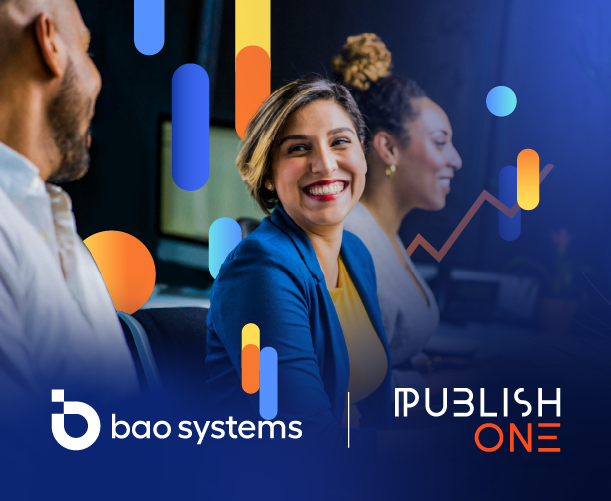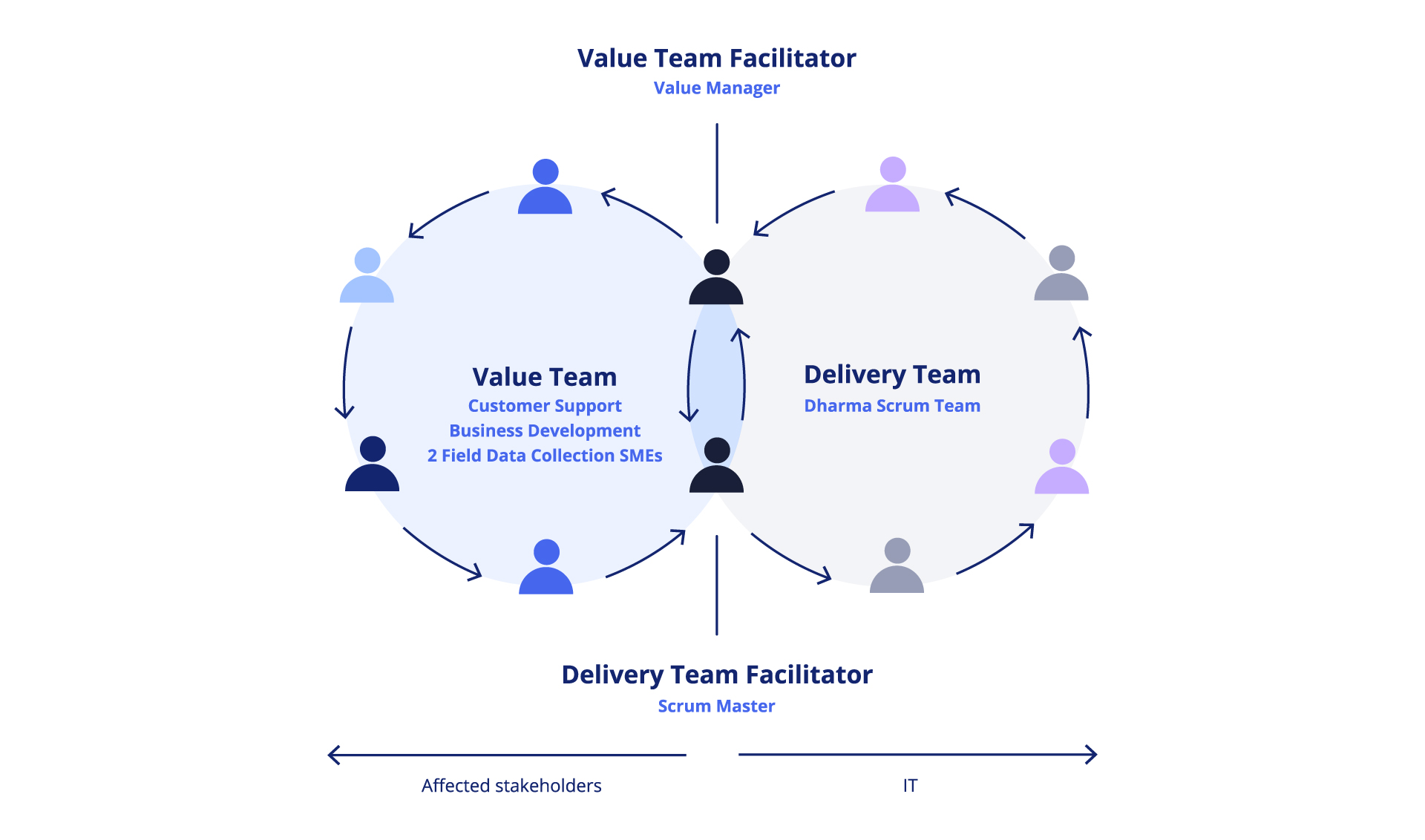
Embracing Agile practices for internal initiatives
17 Nov 2021By Lisa Spory, Chief Technology Officer at BAO Systems

When I arrived at BAO Systems a few months ago, I was pleased to learn that the company has successfully been leveraging Agile practices to provide incremental value delivery for its customers. As a long time Agile practitioner and evangelist, I wanted to extend and enhance these practices for internal projects and initiatives. To achieve this goal, I have introduced changes to how my internal systems and product teams are doing work. I have also initiated the creation of a BAO Agile Guild, which will give Agile practitioners across BAO Systems the opportunity to share experiences and best practices, and self-organize around standards to be applied across development and implementation initiatives.
Hybrid Agile approach bolsters innovation and growth
Within the Chief Technology Officer (CTO) organization, the Systems Engineering Team is responsible for providing hosting support for over 400 managed cloud instances of DHIS2. In addition to providing routine maintenance and end user technical support, the Systems Engineering Team also focuses on driving innovations and improvements to enhance the experience of BAO Systems’ hosting customers. Due to the uncertain nature of ad hoc Tier 2 and Tier 3 customer support workloads, the team was struggling to lay out planned, comprehensive roadmaps for innovation initiatives.
To balance this need, the team has adopted a hybrid Agile approach of blending Kanban for Tier 2 and Tier 3 workloads with Scrum for planned innovation activities. The team began planning and executing three week sprints for innovation work, reserving capacity each Sprint to handle the unplanned work, and laying out a product roadmap for innovations, such as the team’s current focus on modernizing the hosting architecture to adopt containerization and orchestration.
“Moving to Scrum for planned work has given the team greater visibility into activities across the team,” commented Dan Cocos, BAO’s Vice President of Systems Engineering. “This has enabled us to operate much more effectively and gives us the ability to track and focus on incremental progress against planned goals,” he added.
The move to Scrum has enabled team members who previously did not get the opportunity to focus on innovation work to participate in new planned development and grow their technical skills, which not only benefits individual team members but strengthens the overall resiliency of the Systems Engineering team.

Agile Value Team ensures diverse perspectives are addressed
The CTO organization is also responsible for development of the Dharma Platform and all other BAO Systems’ products. The Dharma Platform, a Software-as-a-Service offering, is a robust data collection tool that enables people with little-to-no technical expertise to rapidly design, implement, and scale data collection forms and build case management applications, regardless of connectivity or language, on any device. While the Dharma development team has been following Agile Scrum for a long time, the team was challenged with deciding which new product features belong on the development roadmap without a single Product Owner deciding priorities.
To address this need, I pulled from my previous experience delivering enterprise analytics solutions to the US Federal Government and introduced the concept of an Agile Value Team. I have seen this approach work successfully in the past as a way to ensure diverse stakeholder perspectives are addressed. In essence, an Agile Value Team distributes the role of Product Owner across a set of stakeholders. The Value Team Facilitator, in this case me, coordinates Value Team grooming sessions and consolidates the inputs from team members to drive backlog refinement and prioritization. The Delivery Team Facilitator, in our case the Dharma Scrum Master, represents the development team perspective, and weighs in on topics such as technical feasibility, team capacity, and internal needs such as addressing Technical Debt and scalability.
The Dharma Value Team consists of representation from Business Development and Customer Support, and includes team members with real-world, subject matter expertise in field data collection, a key Dharma Platform use case. These diverse perspectives come together to ensure that Dharma Platform features added to the product roadmap are (1) Feasible, (2) Valuable, (3) Useable, (4) Marketable. Ultimately, the goal of the Dharma Value Team is to ensure that we are applying precious development resources to implement features that will provide the highest value to our current and prospective customers.
Lisa Spory joined BAO Systems in June 2021 as the Chief Technology Officer. She is a Certified Scrum Master (CSM) and PMI Agile Certified Practitioner (PMI-ACP), having led numerous large-scale Agile development initiatives for the federal government over more than 15 years, applying a variety of Agile methodologies such as Extreme Programming (XP), Scrum, Kanban and SAFe. Spory was selected as a 2021 Prominent Patriot in Business by the George Mason University School of Business. This award recognizes alumni who demonstrate citizenship, scholarship, and leadership in their daily lives.
Spotlight




